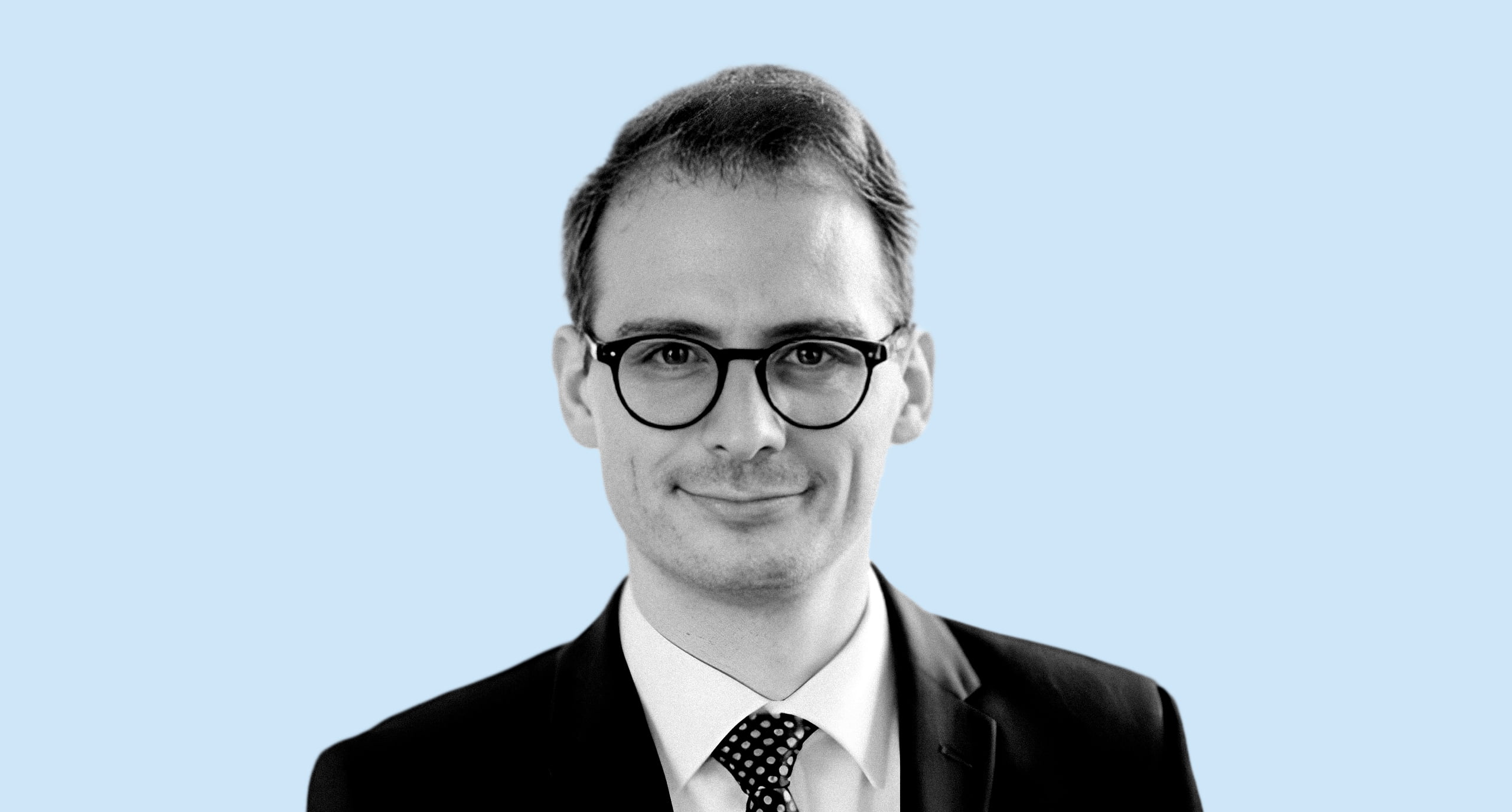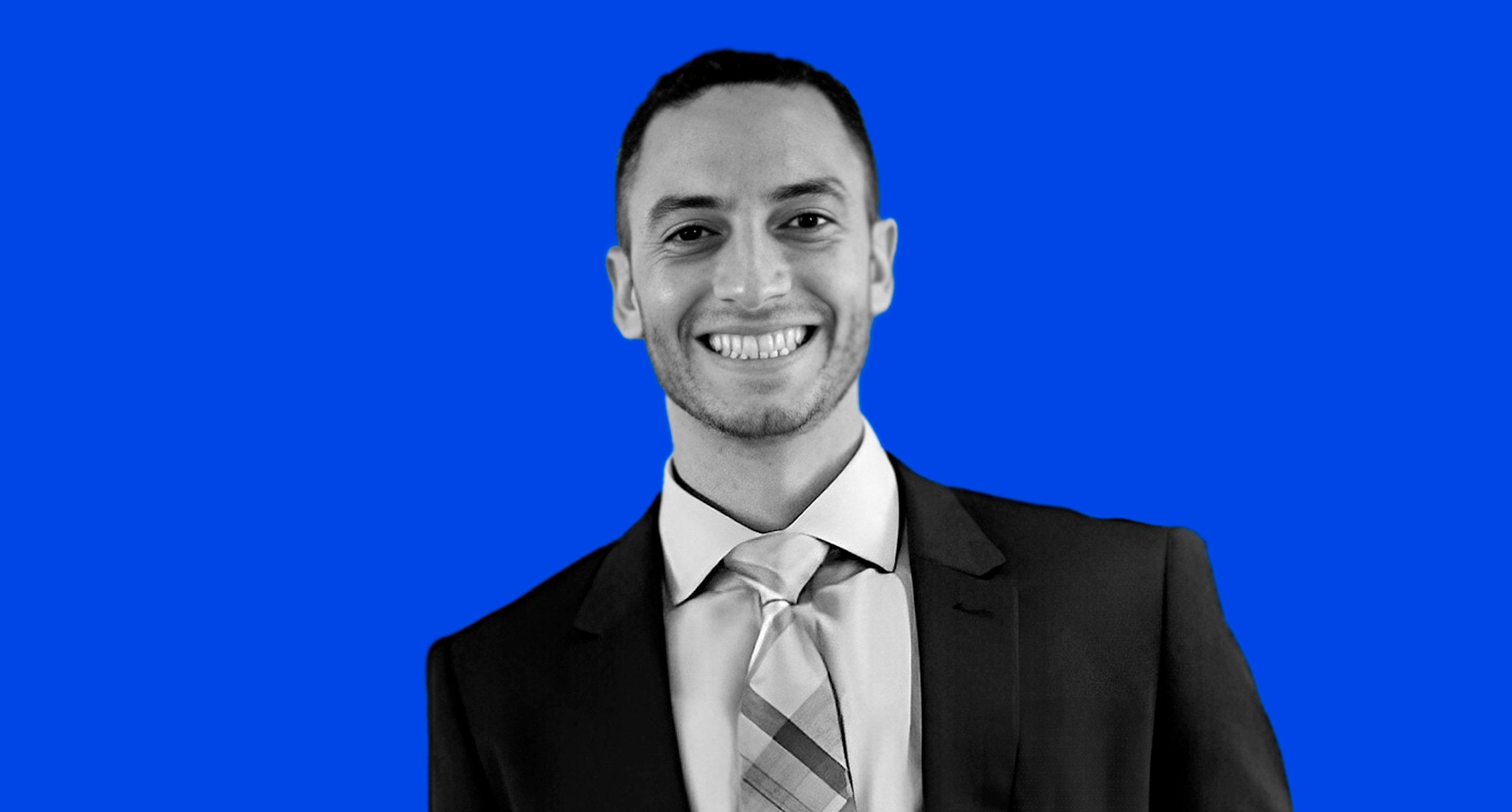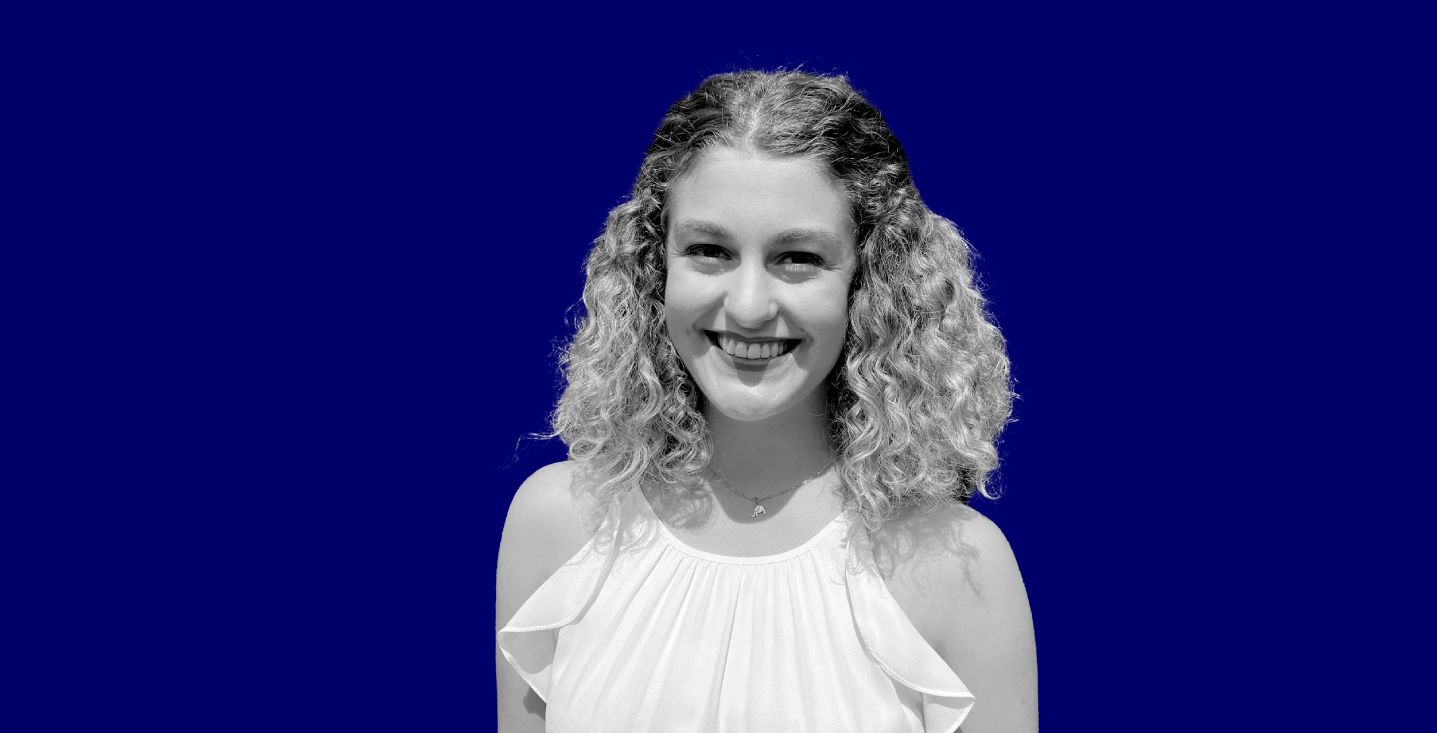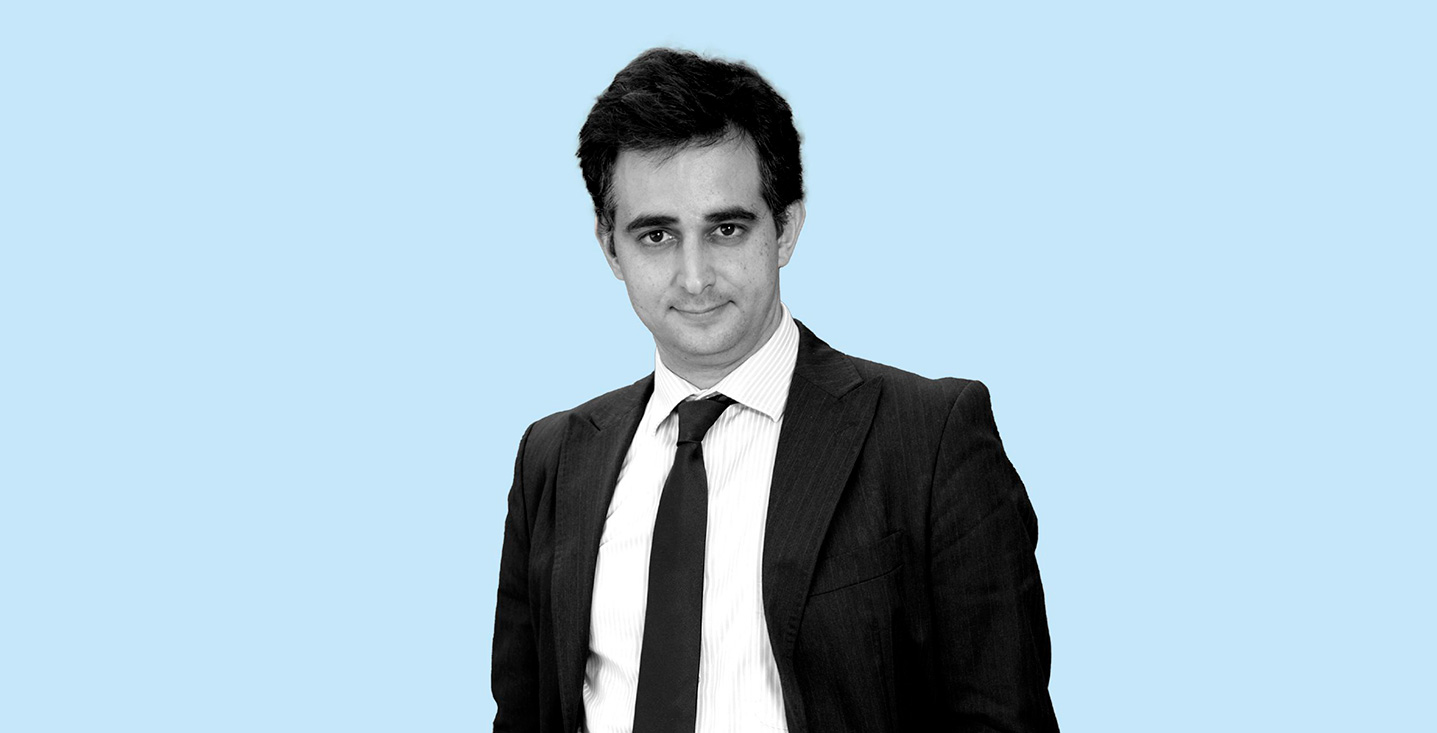23/04/2025
What does it take to become the investment banker of the future?
Finance and data analytics. Two separate fields with serious firepower in modern business. But what if everything changed?
Stay with us for insights and predictions from Max Uebele, a student of the Dual Degree Master in Finance + Master in Business Analytics & Data Science. We’ll delve into course content, extracurricular activities, and why Max is preparing himself for a future where business professionals are true tech specialists.
Why did Max choose to study in Spain?
Max’s journey has taken him through various institutions, jobs and countries that have shaped his unique perspective on career possibilities. But it was Spain that really sparked his curiosity in nurturing a varied skill set.
“When you go abroad for the first time, you see the opportunities available when you broaden your scope.”
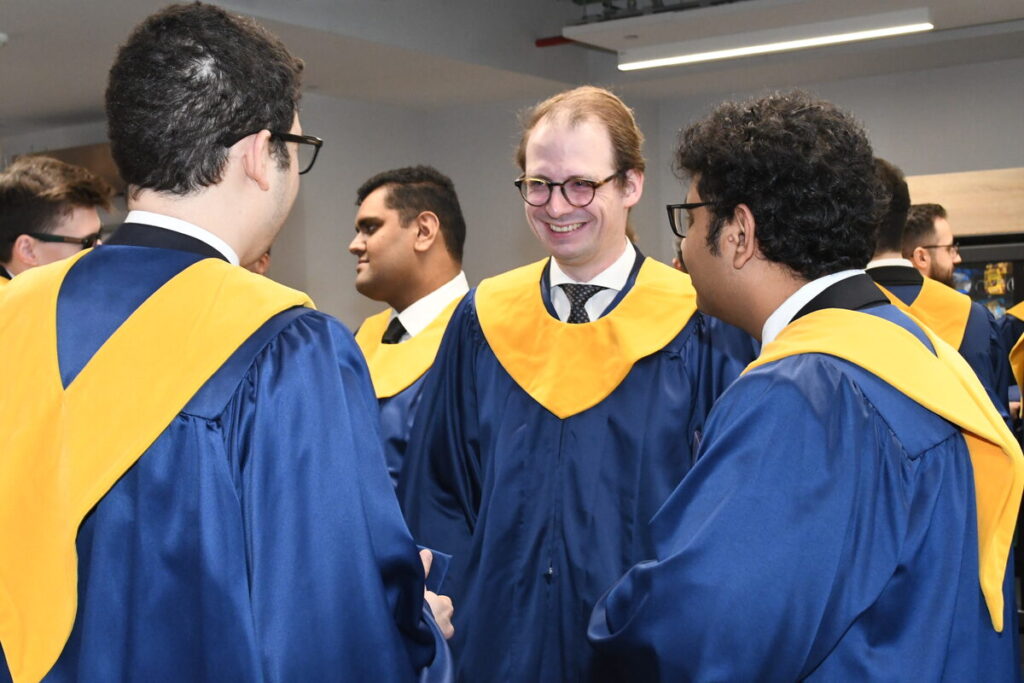
“I really appreciate the culture of teaching in Spain,” says Max. “It’s based on group work, small classes and a very interactive relationship with professors. You benefit from being communicative rather than just studying alone. That’s why IE Business School was the perfect place for me. I could realize those goals and also engage in a lot of club work without hurting my academic performance.”
Why study finance and data analytics?
Max started as solely a Master in Finance student, working to expand his existing knowledge as a CFA Level 1 absolvent. However, his “eureka” moment towards a dual degree arrived in an unlikely place—an accounting class. “I found that I could use VBA code to scale the inventory table and automate it for my exam,” says Max.
“That was the tipping point. I realized that if I wanted to do this right, I needed digital skills, coding skills and an understanding of how AI will impact the finance sector.”
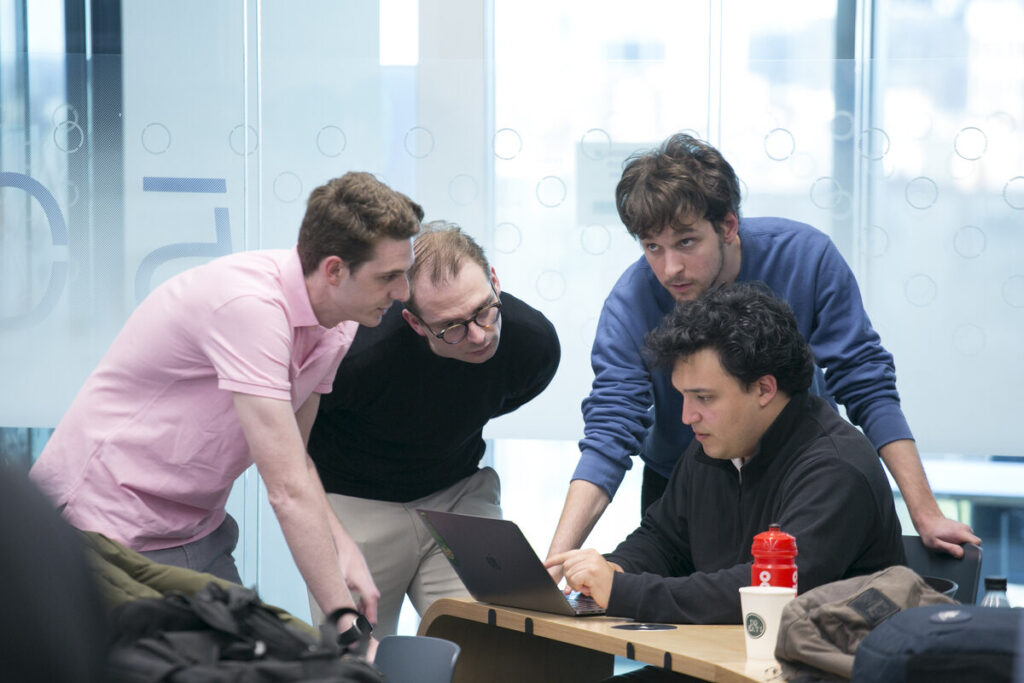
Max took the decision to level-up his program to the Dual Degree Master in Finance + Master in Business Analytics & Data Science. “It’s an insurance against being jobless in five to ten years,” says Max. “Handling advanced analytics will be key in the near future. Using AI effectively—that’s how you’ll be measured by your superiors.”
How are finance and data analytics taught at IE University?
With only a few month of study left before graduation, Max reflects on the unique teaching methods at IE Business School and IE School of Science & Technology: “We had very practical machine learning modules,” he explains. “We started with a bit of theory, but then we got into coding, and a current machine learning professional taught us how to use those tools. This is great because you learn what’s relevant for practitioners today.”
“You learn how to use these tools, but to truly interpret your results, you need a fundamental theoretical basis,” Max continues. “For example, you might encounter overfitting because you scaled your features incorrectly. Small things can impact your results significantly. This is when you realize you need to understand the math behind it all. Still, I think it makes sense to have the detailed theory follow the initial practical insights we received during the program.”
This may sound complicated to someone without a tech background. Which is exciting—because that’s exactly how Max started out.

“I had no experience in coding before,” says Max. “During the Master in Finance, we had a few introductory sessions in MATLAB and Python. By the start of the Master in Business Analytics & Data Science, I’d already grasped the logic behind basic coding concepts, like loops. We had introductory modules and Data Camp, which made it easier to have gamified solutions at home to practice. Fom that point on, IE demands a lot. You get numerous assignments requiring code-writing that needs assessing by professors. By going back and forth repeatedly, you eventually really understand what you’re doing.”
How can you work in finance and data analytics?
“I’ve connected two worlds that haven’t been combined before,” Max says. “Historically, people have tended to focus more on investment banking or directly going into technology. But now that AI makes coding a lot easier, the technological work can be done simultaneously while setting the core focus on the business judgment underlying the valuation methods. This combination hasn’t existed on a large scale until now.”
In terms of professional roles that combine finance and data analytics, Max feels he’s still ahead of the curve. “It’s not in demand yet. Nowadays, investment banks—I’ve spoken with people from various places, including major boutiques in London—still heavily rely on Excel and barely use coding at all. So, I’m betting on the future.”
If anyone’s positioned to predict tomorrow’s trends, it’s Max. He’s part of a new generation of thinkers with a professional background that’s incredibly diverse.
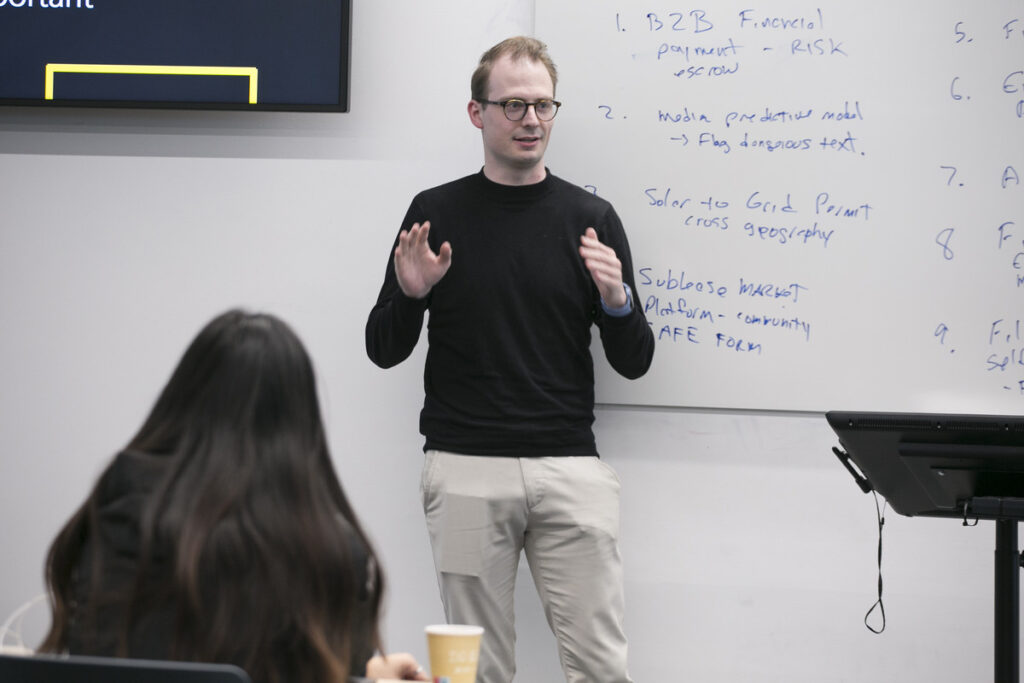
Belonging to the Advanced Tech Track (top 15% of business data students) and to the MXT (Management Xponential Technology), he is at the top of his intake. “I think that in the next ten years, all tech-related jobs will increasingly converge to focus on the people skills required by those roles,” says Max. “Even if you work in digital transformation, the aim is to enhance human judgment. That’s where I see the change beginning. I want to prepare to become the investment banker of the future—doing the same things but better, faster, and relying on alternative types of data.”
Why study at IE University?
The depth of content on the Dual Degree Master in Finance + Business Analytics & Data Science is undisputable. But this isn’t the only valuable aspect of Max’s experience. “You might not believe it,” he says as the interview comes to a close. “But I spend more than half of my time involved in club work.”
Max has gone above and beyond during his time with us. You may recognize him from the Tech Venture Bootcamp, where he reached the competition final with his Fintech app: “We developed a crypto-based currency exchange with authentic tokens, which earned us recognition from Ripple, a company working in a similar space.”
Despite all this, his biggest takeaway isn’t remotely academic. “It’s always been my dream to play in a band,” Max says. “From day one at IE, I joined the music club. Over time, I became president, and “Me and some other students transformed ourselves from a group of casual jammers into a professional group. We’ve performed multiple times off-campus at medium to large venues.”
“Reflecting on my time here, I’m certainly a better data analyst and a better leader. But I’m also a better pianist. That’s a great combination—at least for my happiness.”

Benjamin is the editor of Uncover IE. His writing is featured in the LAMDA Verse and Prose Anthology Vol. 19, The Primer and Moonflake Press. Benjamin provided translation for “FalseStuff: La Muerte de las Musas”, winner of Best Theatre Show at the Max Awards 2024.
Benjamin was shortlisted for the Bristol Old Vic Open Sessions 2016 and the Alpine Fellowship Writing Prize 2023.


